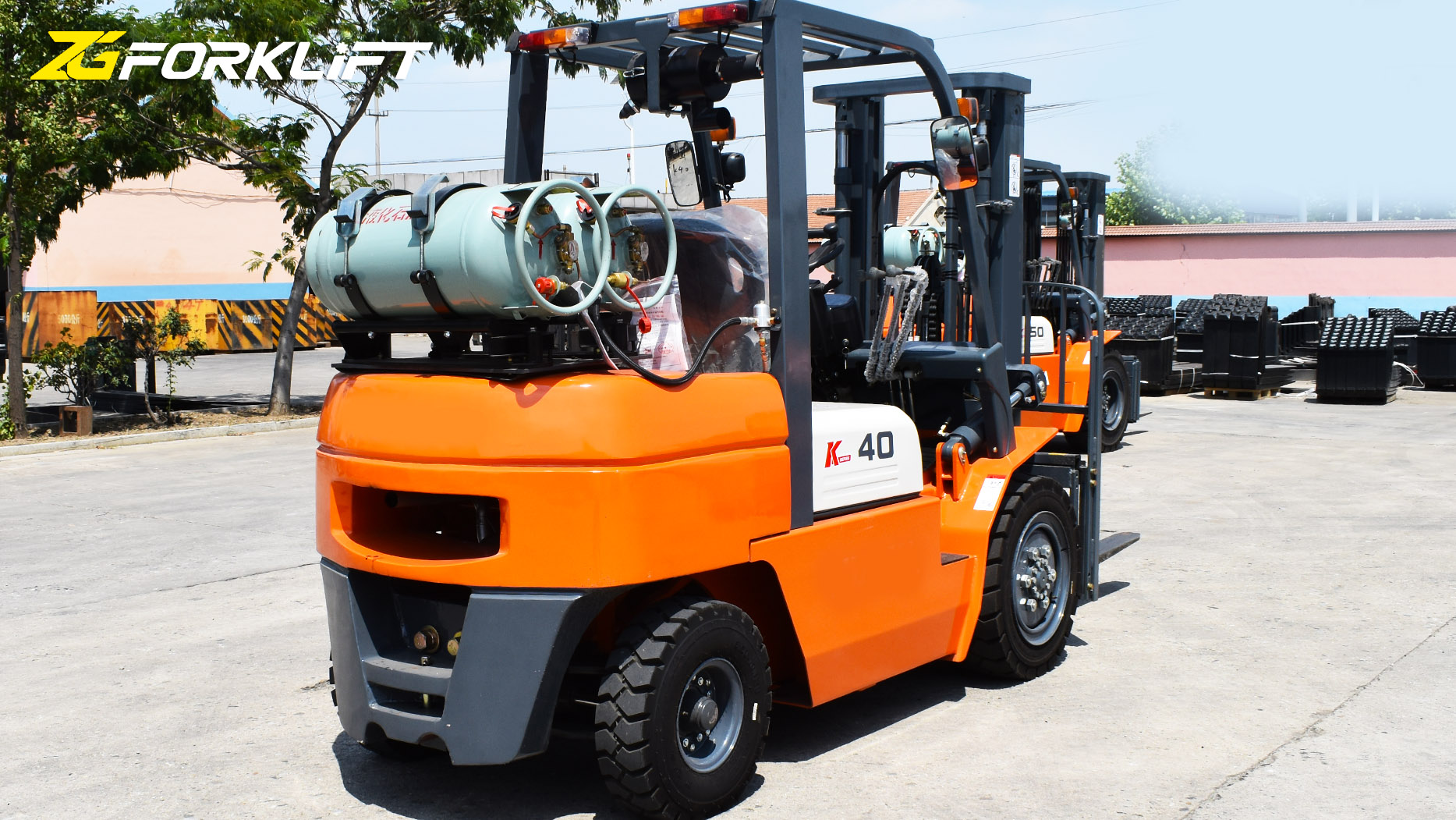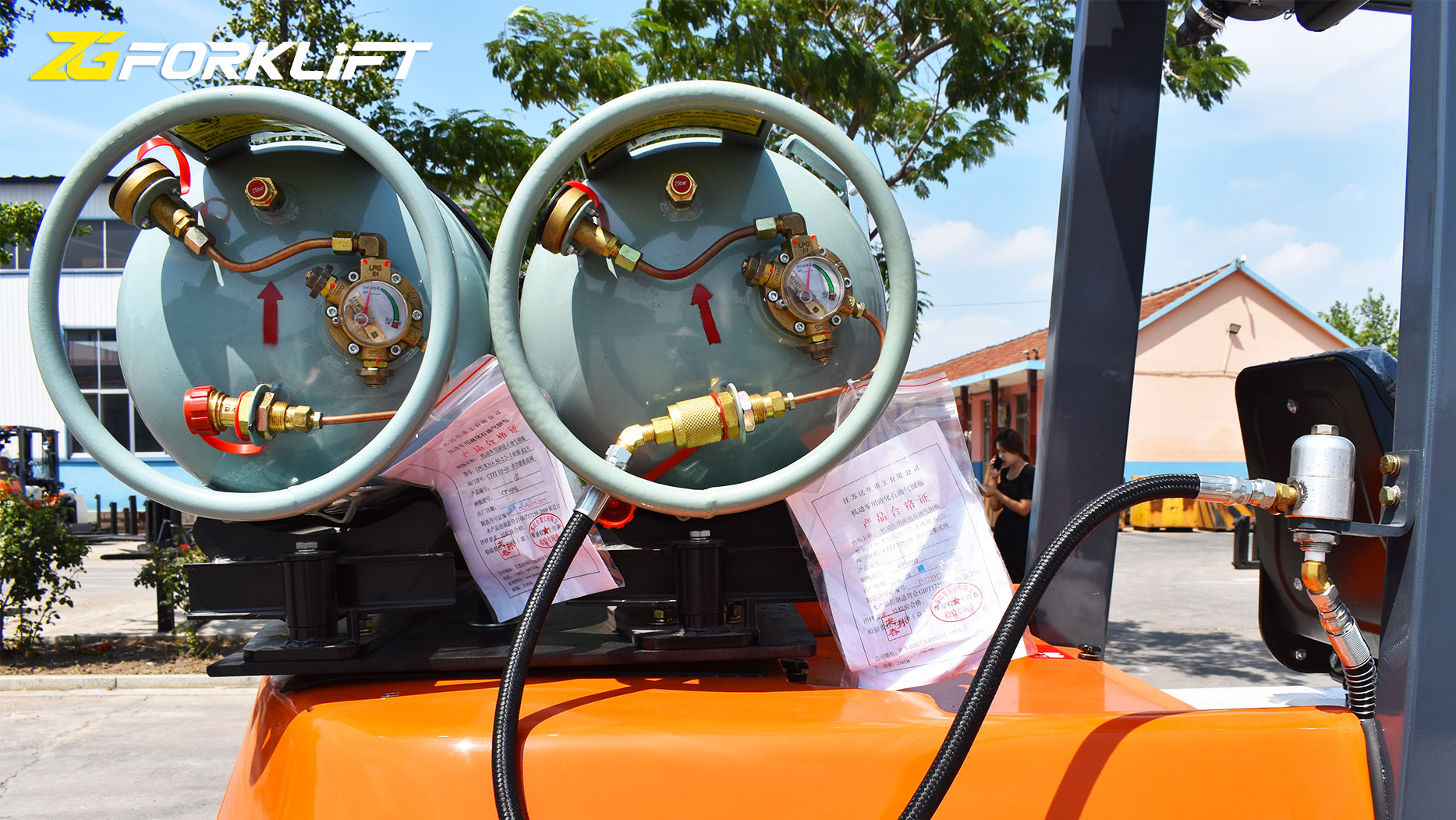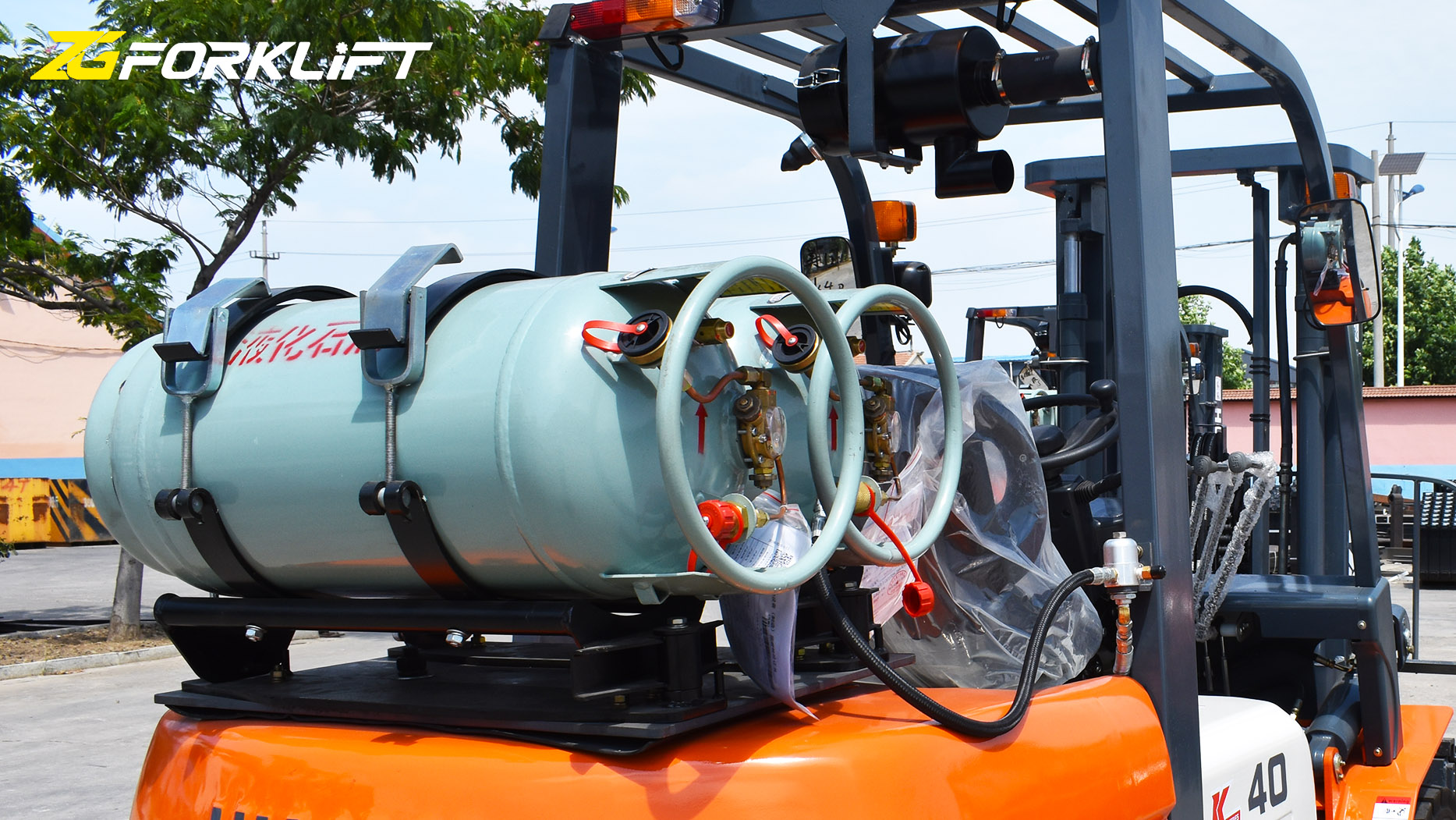Why Forklifts Often Use LPG Engines: A Comprehensive Look
Forklifts are indispensable in modern logistics and manufacturing, playing a crucial role in moving materials efficiently. While electric forklifts are gaining traction, Liquefied Petroleum Gas (LPG), also known as propane, remains a popular fuel choice for these workhorses. This article delves into the key reasons why LPG engines are favored in many forklift applications.
1. Performance and Power
High Energy Density: LPG boasts a high energy density, meaning it packs a significant amount of energy per unit volume. This translates to powerful engine performance, allowing forklifts to handle heavy loads and demanding tasks with ease.
Quick Starts and Reliable Operation: LPG engines are known for their quick and reliable starts, even in cold weather conditions. This ensures minimal downtime and consistent productivity throughout the workday.
Versatility: LPG forklifts can operate both indoors and outdoors, making them suitable for a wide range of applications.
2. Environmental and Safety Considerations
Reduced Emissions: Compared to gasoline and diesel, LPG produces significantly lower emissions of harmful pollutants such as carbon monoxide, particulate matter, and hydrocarbons. This makes LPG a more environmentally friendly option.
Improved Indoor Air Quality: Lower emissions translate to improved indoor air quality, especially in enclosed environments like warehouses. This creates a healthier and more comfortable working environment for operators.
Enhanced Safety: LPG is a non-toxic and non-corrosive fuel. In the event of a leak, LPG disperses quickly into the atmosphere, minimizing the risk of fire or explosion. Modern LPG forklifts are equipped with advanced safety features, further enhancing operator safety.
3. Cost-Effectiveness
Competitive Fuel Costs: LPG is generally more cost-effective than gasoline and diesel, offering a significant advantage in operating expenses.
Lower Maintenance Costs: LPG engines tend to require less maintenance compared to diesel engines, reducing overall operating costs.
Extended Engine Life: Cleaner burning properties of LPG can contribute to longer engine life, further reducing long-term maintenance expenses.
4. Refueling and Logistics
Convenient Refueling: LPG can be easily refueled using readily available cylinders or through on-site refueling systems. This minimizes downtime and ensures continuous operation.
Efficient Logistics: LPG cylinders can be easily transported and stored, making logistics and inventory management straightforward.
5. Technological Advancements
Improved Engine Technology: Advancements in engine technology have significantly improved the efficiency and performance of LPG-powered forklifts. Modern engines are more fuel-efficient and produce even lower emissions.
Dual-Fuel Options: Many modern forklifts offer dual-fuel capabilities, allowing operators to switch between LPG and gasoline or diesel as needed. This provides flexibility and adaptability to different operational requirements.
6. Industry Standards and Regulations
Compliance: LPG-powered forklifts comply with various environmental and safety regulations, making them a preferred choice for many businesses.
Industry Support: A strong network of LPG suppliers and service providers provides reliable support and maintenance for LPG-powered forklifts.
Comparison with Other Fuel Options
Electric Forklifts: While electric forklifts offer zero emissions and low noise levels, they have limitations in terms of operating time and lifting capacity. Battery charging times can also impact productivity.
Diesel Forklifts: Diesel forklifts offer high power and long operating times, but they produce higher emissions and require more stringent maintenance.
Conclusion
LPG-powered forklifts continue to be a popular choice in various industries due to their performance, environmental friendliness, cost-effectiveness, and safety. With ongoing advancements in engine technology and a strong industry support network, LPG is likely to remain a significant fuel source for forklifts in the years to come.
Post time:Jan.17.2025



